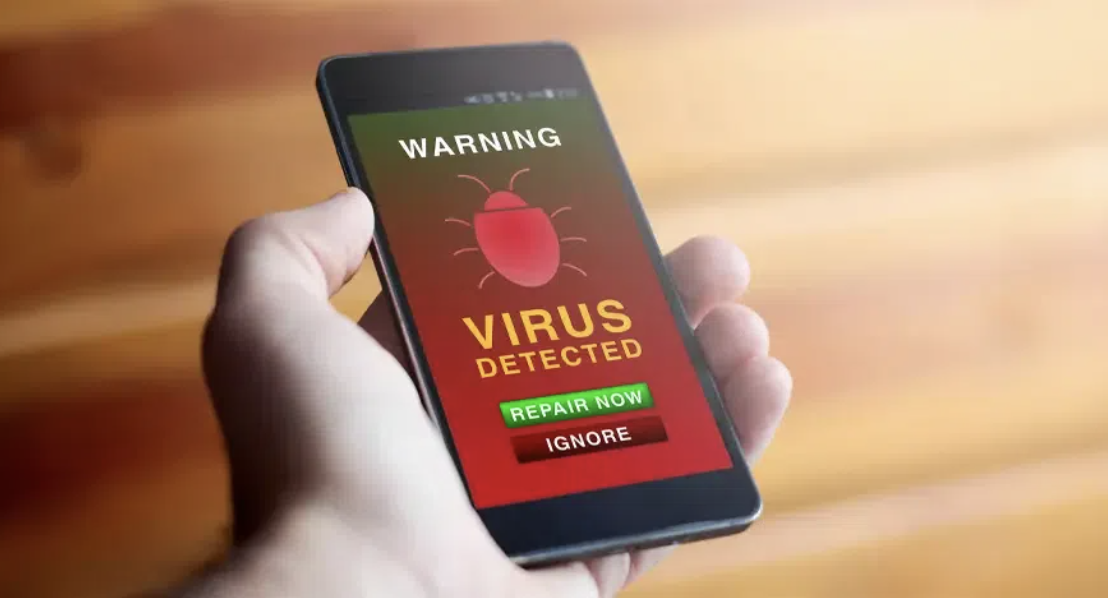
The Great Encyclopedia of the iPhone 17 Series: The “Slim” Revolution and Boundless Performance
Apple’s Fall 2025 announcement, the debut of the iPhone 17 series, was not just a routine facelift but a strategic shift in the history of

Apple’s iPhones seem to be under constant attack. Just this week, security researchers issued a new warning for iPhone users after it was revealed that criminals targeted Apple smartphone users in an SMS phishing campaign, according to Forbes.
Apple is aware of the growing risk, which is why the iPhone manufacturer has issued a new warning to help users protect their IDs and other online accounts.
iPhone users are not only increasingly targeted by SMS attacks. People can be attacked through multiple channels, such as scammers posing as Apple or a bank. It is common for attackers to try to obtain email addresses, passwords, and two-factor authentication details.
To avoid scams targeting Apple accounts and devices, Apple advises users to never share personal information or security details like passwords or security codes and never provide this information on a redirected website.
Another piece of advice is to protect Apple IDs with two-factor authentication (using Face ID or Touch ID).
“Never share your Apple ID password or verification codes with anyone. Apple will never ask for these details to provide support,
they wrote.
Users should only download software from trusted sources, as recommended by Forbes.com. They also pointed out that users should not open links in unsolicited messages or download attachments from these messages onto their devices.
Do not respond to suspicious phone calls or messages claiming to be official – warns Apple.
As a general rule, always keep the software on your phone as up-to-date as possible, which is currently iOS 17.5.1.
A Trojan virus, or simply a Trojan, is a type of malicious software that masquerades as a legitimate program. Unlike viruses, Trojans do not self-replicate but rely on users to execute them. Once installed, they can perform harmful actions on your data or network, such as deleting files, stealing information, or even taking control of your device. Despite their harmful nature, Trojans often appear harmless to trick users into downloading and installing them.

Apple’s Fall 2025 announcement, the debut of the iPhone 17 series, was not just a routine facelift but a strategic shift in the history of

China has developed the world’s first 6G field test network, which integrates communication and artificial intelligence, demonstrating that 6G transmission capabilities can be achieved using